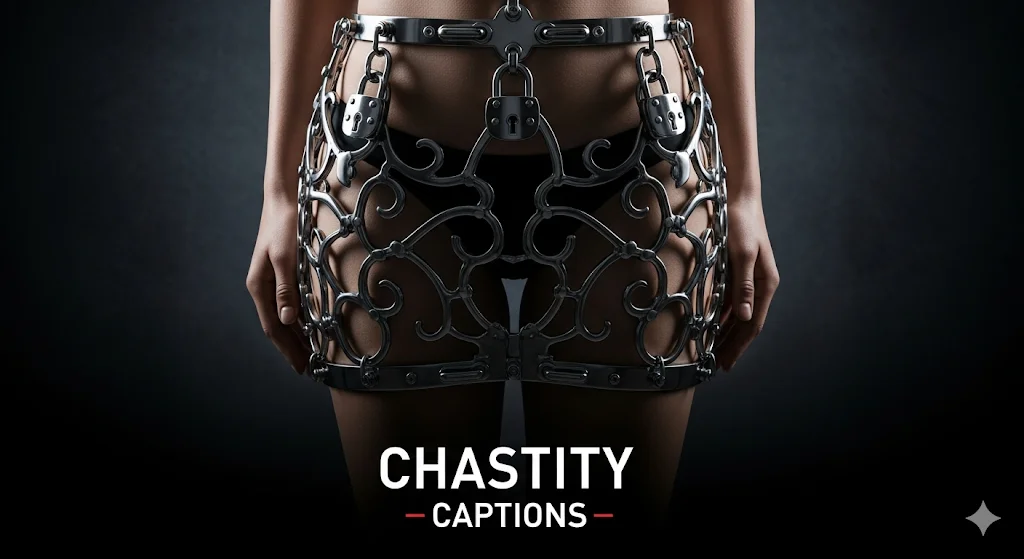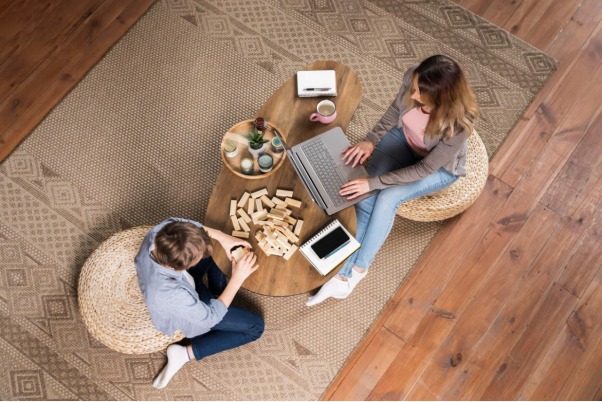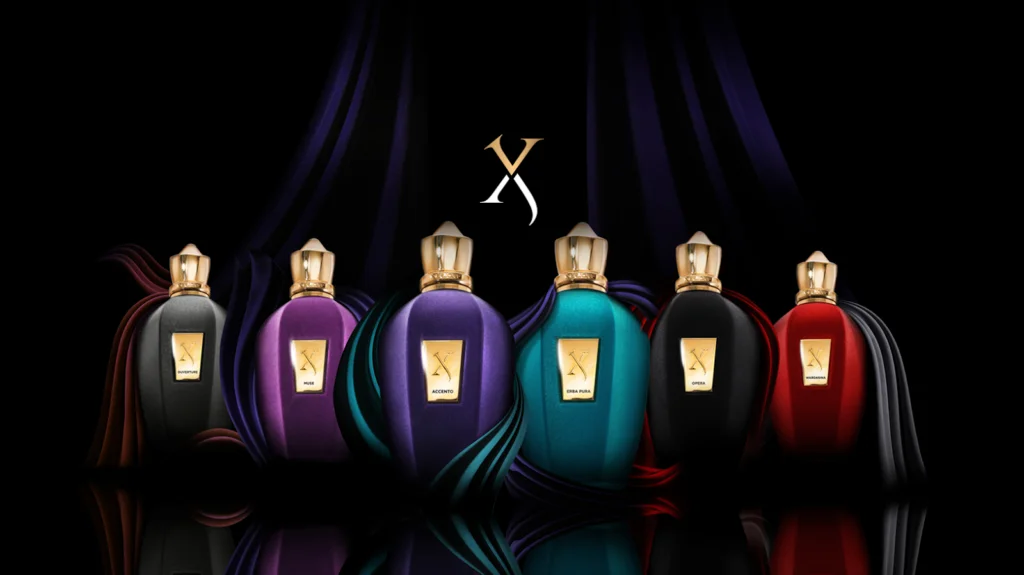If you have never rocked a plaid suit, you are missing out on one of the most dapper, personality-packed pieces of modern menswear.
Plaid may sound cool, it always has a certain swagger, but don't let it scare you. The beauty of mens plaid suits is that they can work both ways: powerfully in the boardroom and fashionably casual on a night out. And the best part? They’re not just for fashion guys or runway models. Plaid can work for any guy who wants to look sharp without looking stiff.
So, what’s the catch? Well, it's all about learning your fits, patterns, and how to pull it together. Let’s break it down.
Plaid isn’t new. From traditional Scottish tartans to American Ivy League styles in the 1960s, it has been worn by men for centuries. What has changed today is how it is styled.
Modern plaid suits are slimmer, sharper-looking and meant to go well with dress shirts, sweaters, or even sneakers.
Here's an overview of the most common plaid patterns:
Windowpane: Thin lines that form a square grid.
Glen Plaid (a.k.a. Prince of Wales): Small checks that give a textured, almost woven appearance.
Tartan: Overlapping stripes in multiple colors.
Checkered: Lightly patterned boxes.
If you don't want to go all in, start with windowpane or glen plaid. Once you are confident, you can experiment with bolder patterns.
You can have the best pattern in the world, but if the suit doesn't fit its game over.
Slim Fit: Modern, tapered, and ideal if you want a clean silhouette.
Classic Fit: Roomier through the chest and legs, perfect if comfort is a priority.
Tailored Fit: The sweet middle ground—structured.
Here's the golden rule: your jacket should cling to your shoulders (not crush them), the sleeves should end at the wrist bone and your trousers should break slightly at the shoe.
Plaid already makes a statement, so don’t overcomplicate it. Pair with solid colors, clean shirts, and simple ties. A white dress shirt is foolproof, while a black turtleneck gives it that sleek, modern edge.
Shoes? Go classic—oxfords, loafers, or even minimalist sneakers for a dressed-down twist.
When the temps drop, you’ll need a layer that doesn’t fight with your suit i.e. mens overcoats. A solid camel, navy, or charcoal overcoat pairs perfectly with plaid suits, balancing out the pattern without clashing. It’s practical, timeless, and keeps the outfit cohesive.
Pro tip: keep the coat slightly longer than your suit jacket.
Tailors are making plaid suits with lighter fabrics for year-round wear. Stretch materials are more common, giving you comfort without losing structure. And color palettes are broadening—think earthy browns, muted greens, and even burgundy alongside the classics.
Glen plaid suit + crisp white shirt + black oxfords.
Plaid blazer + dark jeans + leather sneakers.
Tartan suit + black turtleneck + Chelsea boots.
Windowpane suit + camel overcoat + loafers.
Plaid suits give your wardrobe depth, variety, and personality. Start with subtle patterns, nail your fit, and layer with clean basics. Once you’ve got that down, the bolder plaids are fair game.
The result? A suit that turns heads without trying too hard.
Yes—but stick to subtle patterns like windowpane or glen plaid. Save bold tartans for after you’ve got the job.
Not at all. Choose muted colors and simple checks, and they’ll blend seamlessly into daily outfits.
Focus on modern fits and pair them with clean, solid basics. Oversized plaids from the ‘80s can look dated, but tailored plaid feels fresh.
You can, but it’s risky. If you do, keep one pattern bold and the other very subtle (like a faint striped shirt with a plaid suit).
Navy or gray plaid - versatile, and easy to style.




Want to add a comment?